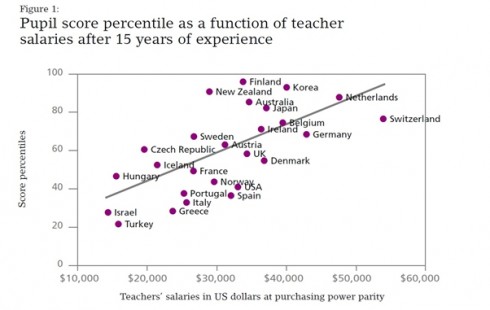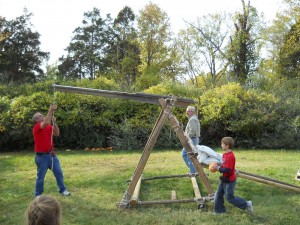Dr. H. gave us a quick refresher on how to use commas this afternoon. Of course, like a true academic, he started with the caveat that, like any other rules of language, the way we use commas has changed over time, and is constantly evolving. Punctuation was initially designed to help the verbal reader, but has developed into a tool to help clarify syntax.
The Rules
From my notes on Dr. H’s presentation: use commas to:
- Separate things in a list.
- eg: The flag for Equatorial Guinea is blue, green, white, and red.
- One potential issue with these commas is the last one, the serial comma, which I tend to find very useful in separating ideas, particularly in complex sentences.
- To separate “sentences” (i.e. clauses)
- Bob talks in class ________ he’s not always on task.
- you can insert into the space:
- conjunction with a comma: “, and”
- “however,” with a semi-colon or a period: “. However,”
- semi-colon: “;”
- period: “.”
- To indicate “interrupts”
- These are my favorites, because you can use them like parentheses to isolate clauses and clarify the meaning. I have been accused, by someone who shall remain unnamed, of overusing them.
- e.g.: The boy, bothered by the noise in the room, wandered down to his quiet place.
- e.g.: Mary considered her possibilities and, after a period of reflection, came to the conclusion that doing something was in order.
- DO NOT USE commas between the subject and verb of a sentence (unless absolutely necessary).
A key thing to remember though, particularly with things like the serial comma, is that you need to be consistent. The syntax of language may evolve over time, but usually not within a single document.





